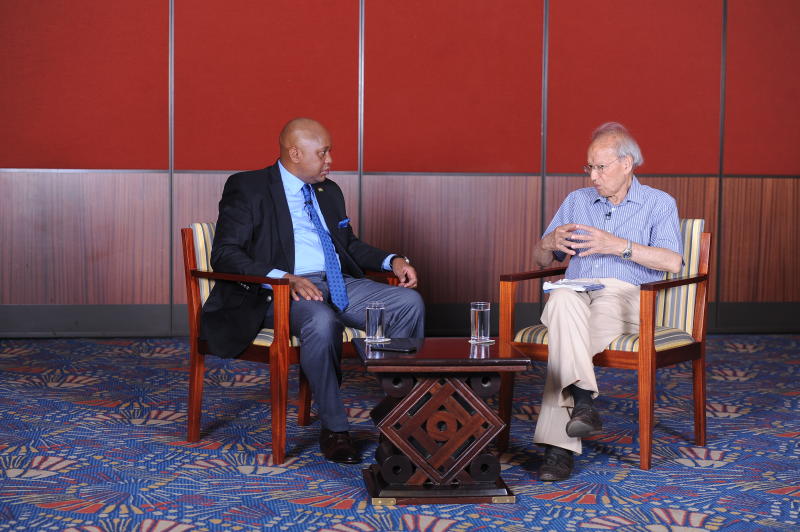×
The Standard e-Paper
Smart Minds Choose Us

President Mwai Kibaki’s rejection of a parliamentary system of governance led to his fallout with Raila Odinga, and stalled the push for reforms that had propelled their coalition to power.
Constitutional lawyer Yash Pal Ghai recounted how the two politicians – who he said initially backed the parliamentary system – went their separate ways after Kibaki was elected in 2002 and made a U-turn in support of a presidential system.